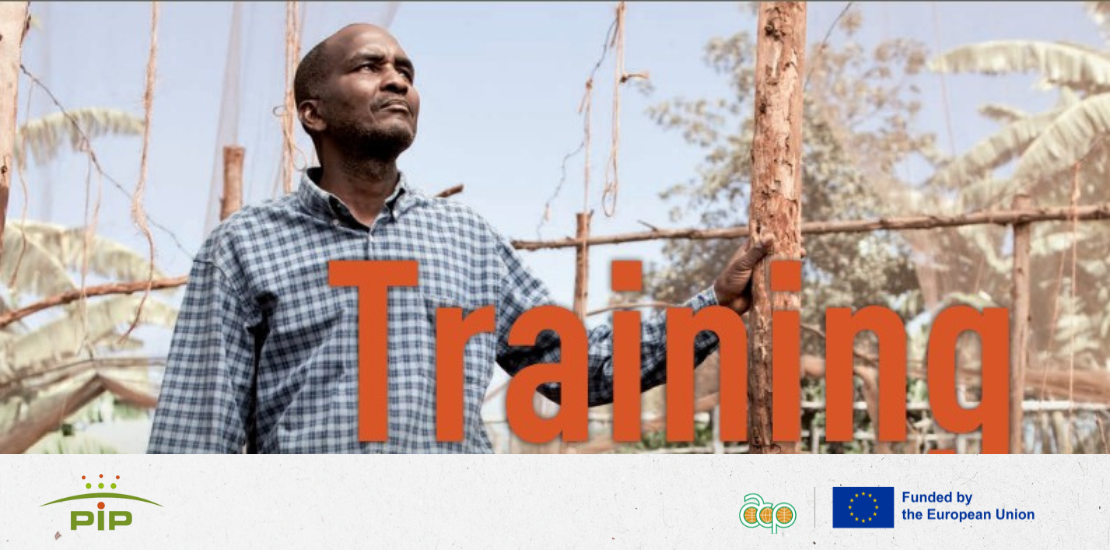- 15/07/2025
- Posted by: Sandra Borma
- Category: News

The purpose is to ensure compliance with international standards for beans and semi-processed products. This achievement comes at the right time to meet a new challenge: respecting maximum cadmium limits.
“The EDES programme is making great strides in the cocoa sector, mainly in Côte d’Ivoire, Ghana and Cameroon. A self-assessment guide for the sector has been drafted for Ghana and adapted for the other two countries in cooperation with professional associations and relevant authorities.
This guide identifies the good practices and risk assessment measures that the cocoa sector must implement to ensure the compliance of its beans and semi-processed products. This guide is essential: it is the basis for work to prevent health and phytosanitary risks. EDES will guide official control, laboratory work, the regulatory framework and training programmes based on its findings. Small producers and cadmium In terms of training, the main challenge facing the cocoa sector is its segmented production structure. Although there are some large-scale plantations, the core of production is ensured by small scale farmers, generally grouped into associations or cooperatives. “A business that can supervise its staff can manage the risks linked to its own human resources, for example by choosing to use a fertiliser or a particular method to fight pests,” explains Christophe Schiffers, the EDES director. “But when we work with small-scale farmers, these risks are harder to master and control. Consequently, we’re committing farmers to move towards agro-ecological practices that present fewer risks… and are still profitable.”
In addition to complying with maximum PAH levels,1 cocoa producers face a new challenge: that of maximum limits (MLs) for cadmium, currently being developed by the European Union (EU). These MLs focus on the finished product, such as chocolate or candy. They therefore concern processors first of all. But there is a direct consequence for ACP sectors, as European buyers will add these new requirements to the exporters’ specifications.
Meeting this new challenge will involve changes at the production level. Certain fertilisers are richer in cadmium than others; certain varieties of cocoa absorb more cadmium than others; certain soils, notably in volcanic areas, contain more heavy metals and therefore more cadmium. The choices to be made will lead to the introduction of new practices, control plans, preventive analyses for laboratories, etc. Training needs will be significant. (…).
The Pesticides Initiative Programme (PIP) was financed by the European Development Fund. The ACP Group of States and the European Commission entrusted responsibility for its implementation to COLEACP (today COLEAD).





